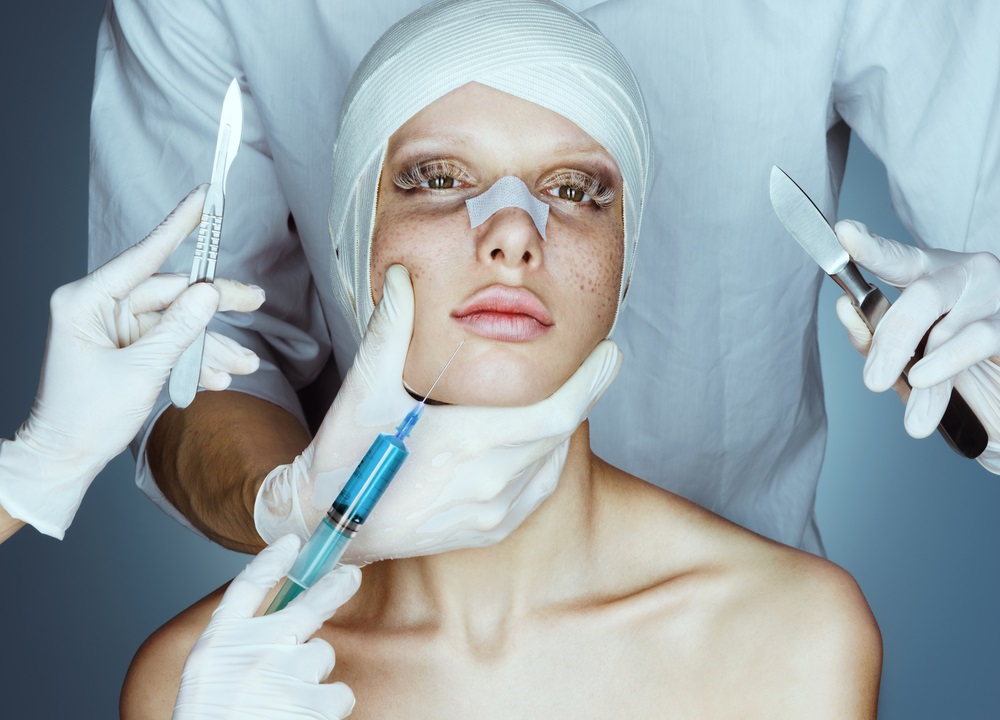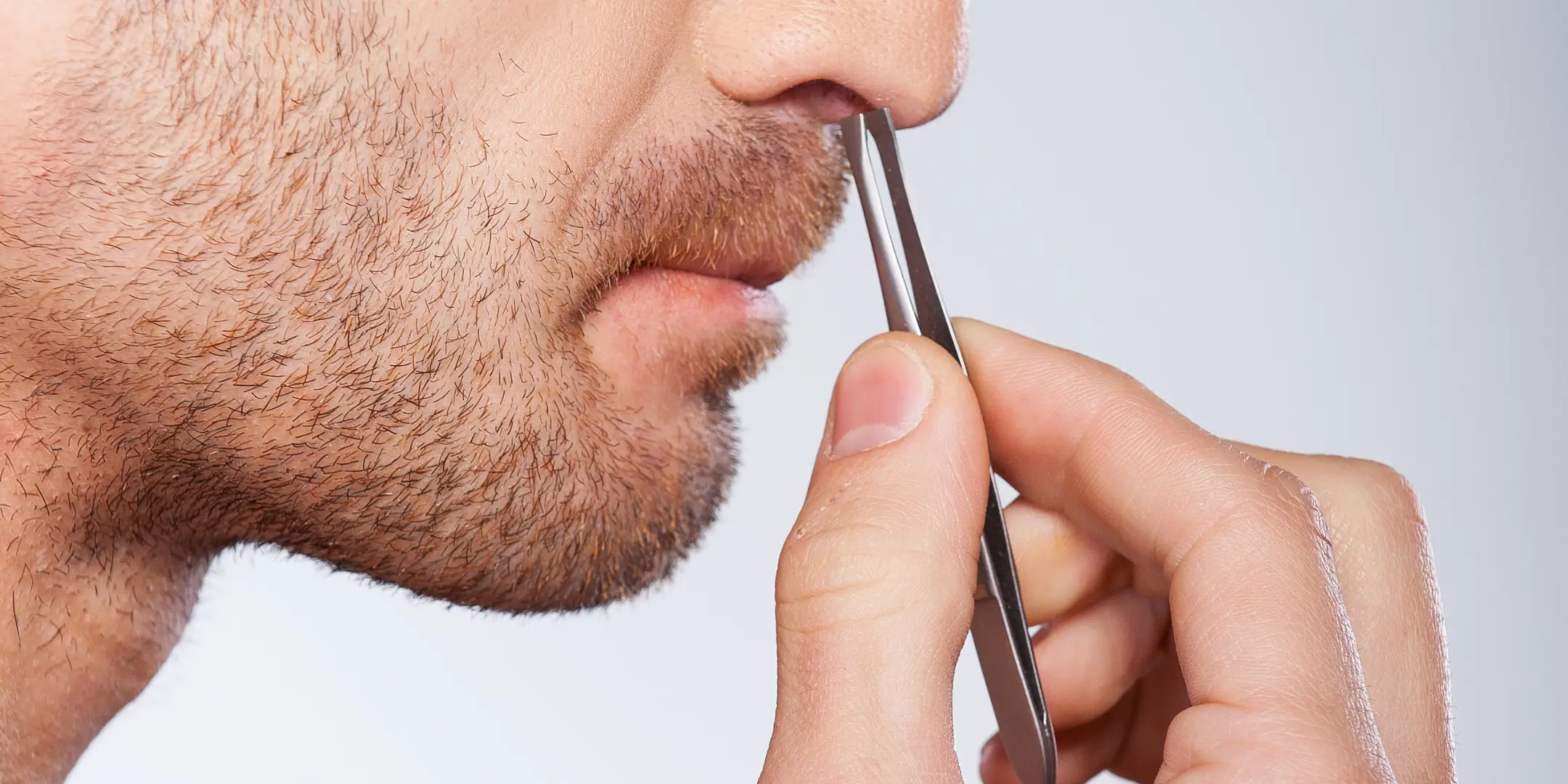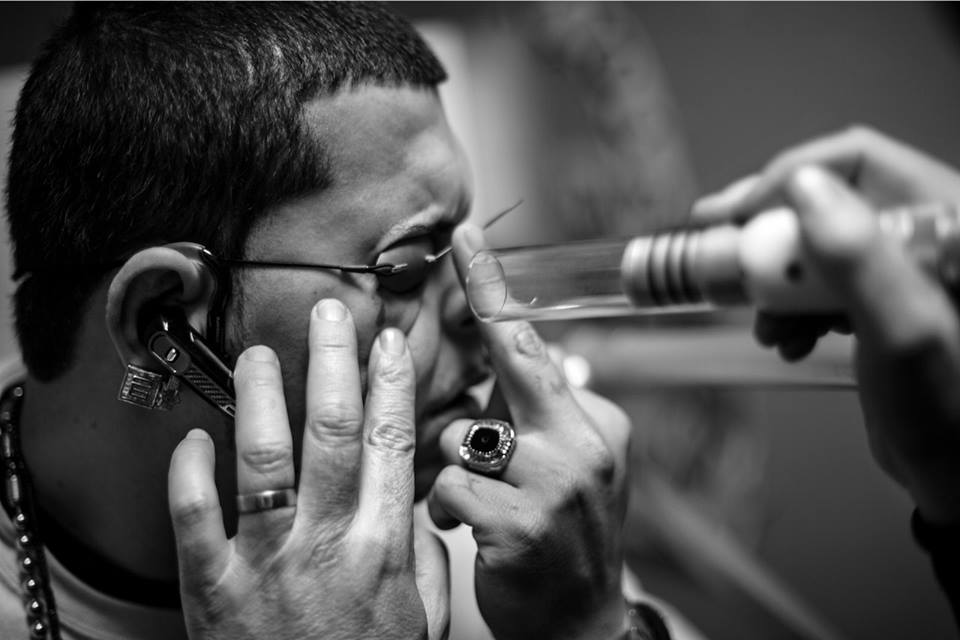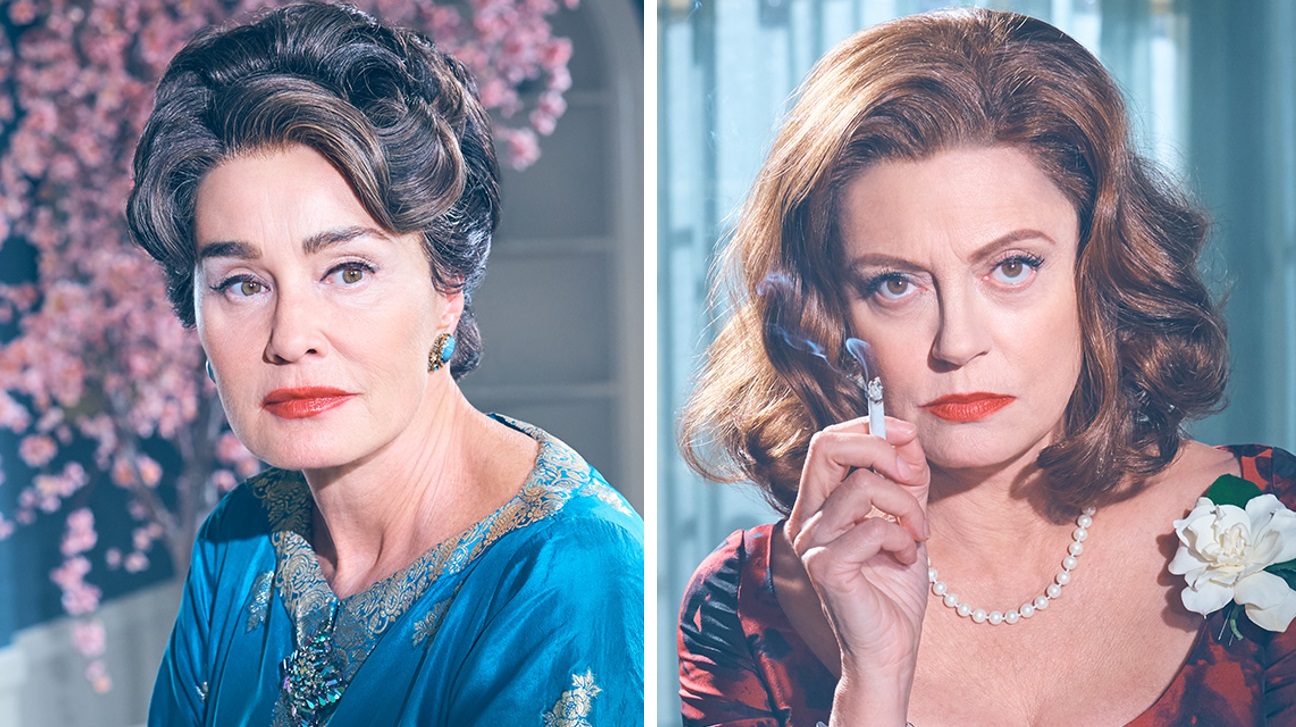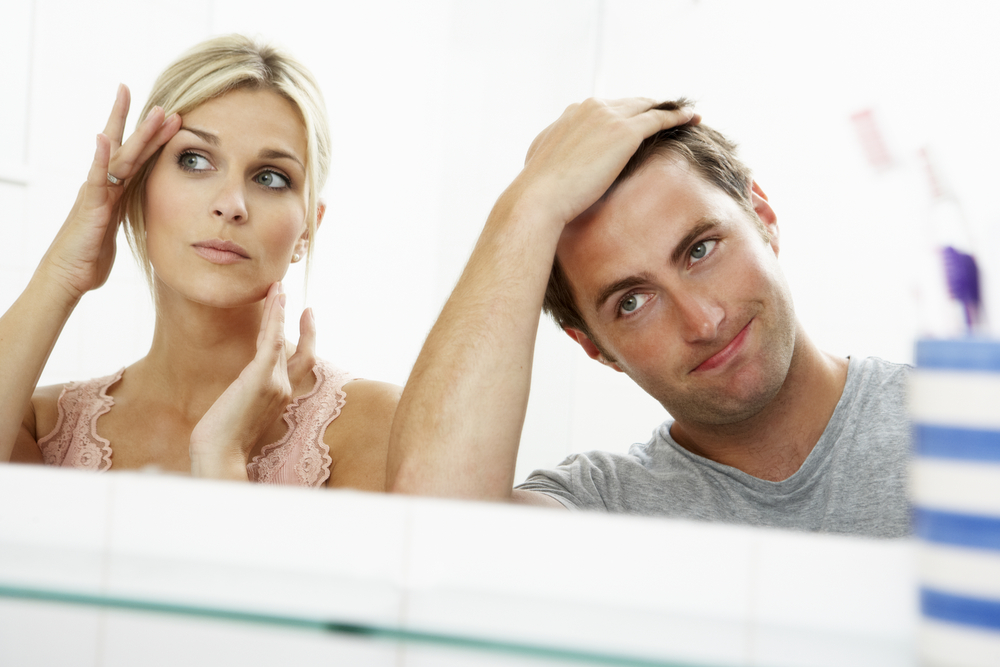You’re flipping through the TV channels and stumble upon a plastic surgery show. We’ve all seen them: good-looking plastic surgeons performing a tummy tuck, a breast lift or a nose job. Real depictions of plastic surgery can be either unpleasant or fascinating to watch, depending on who you ask.
From dramatic originals like Nip/Tuck to the decreasing number of series debuts on the leading networks, there are signs that these reality TV shows are diminishing in popularity. (Proof: only two of the popular surgery shows we cover here are still on the air.)
This development is somewhat surprising, given the American Society of Plastic Surgeons (ASPS) reported that cosmetic surgery procedures are actually on the rise: 17.1 million cosmetic procedures were performed in 2016 in the United States alone, up 3 percent from 2015.
While potential plastic surgery patients and general curious types alike are seeking all-new ways to learn about what goes on in the O.R., the internet — YouTube, Snapchat and Instagram, especially — give users new on-demand insight to the plastic surgery world beyond what TV shows can provide.
But do these reality shows positively affect our decision-making process when it comes to plastic surgery? The answer, according to one influential study published in 2007, is that these programs make the majority of viewers feel more knowledgeable and informed about plastic surgery. With that being said, only 5 percent of viewers were influenced to pursue cosmetic surgery procedures themselves after watching reality television, while a third reported feeling moderately influenced.
“Some people say they want their lips to look like the person on TV who just had their lips done,” says New York City dermatologist Dr. Bruce Katz. “We have even had women come in and ask for the vaginal laser they have heard about on Keeping Up with the Kardashians. On the surface, reality TV and extensive coverage of celebrities like the Kardashians does spur curiosity; I think it’s a major reason why butt augmentation surgery has become so popular, among other procedures. Patients who see celebrities getting the same procedure they’re thinking about can make it seem normal, desirable, and even attainable.”
Producers and cosmetic surgeons that appear on plastic surgery shows often tout the shows’ educational value, but doctors and medical boards caution against taking these television shows too literally. Reality shows typically only show a portion of what a patient experiences during the procedure and recovery, and often portray cosmetic surgery options as a “quick-fix.” Additionally, they regularly show very extreme cases — like patients who go in looking like one person and come out looking totally different — which isn’t, usually, reality at all.
“Context is everything,” says Dr. Scott Greenberg, a board certified plastic surgeon based in Winter Park, Florida. “Shows like Botched are eye-opening because they delve into a favorite topic for tawdry gossip and sarcasm, ‘plastic surgery gone wrong,’ and explore how skilled plastic surgeons repair the damage. This emphasizes both the medical and aesthetic components of our profession. Conversely, Extreme Makeover and shows focusing on the attainability of drastic results can certainly skew patients’ perceptions of what plastic surgery can achieve.”
The bottom line is that these TV shows, while often entertaining, should be taken with a grain of salt. If you’re considering going under the knife for cosmetic purposes, the best option available is to get in touch with a board-certified cosmetic surgeon for personalized advice.
8 Binge-Worthy Plastic Surgery TV Shows
Extreme Makeover
Debuting in 2002, Extreme Makeover depicted individuals who received a makeover with plastic surgery, exercise, diet, a new wardrobe and professional makeup.
As one of the early television shows of its kind, Extreme Makeover was met with plenty of controversy. Critics claimed that the show put an unnecessary emphasis on body image, and may have even led to a spike in eating disorders.
What’s more, the show strongly emphasized the importance of physical appearance, and many critiques asserted that it suggested the best way to improve self-worth and happiness is through extensive surgical procedures. Despite this, a study published by professors from Rutgers-Camden and Villanova University showed that teens who watched Extreme Makeover actually viewed the show as “inspirational.”
Nip/Tuck
FX’s Nip/Tuck hit the screen in 2003, just seven months after the debut of Extreme Makeover. The scripted series, which ended in March of 2010, focused on the Miami-based plastic surgery center of Drs. Sean McNamara and Christian Troy. It was particularly groundbreaking because it showed detailed, and sometimes graphic, depictions of popular plastic surgeries.
During its seven-year run, the show received 45 awards, including a Golden Globe and an Emmy. But despite its positive critical reception in Hollywood, Nip/Tuck wasn’t met with all glowing reviews. It touched on a variety of taboo subjects, including incest, pedophilia and, of course, plastic surgery itself. Nip/Tuck is often credited as the inspiration for several of the genre’s reality counterparts.
Dr. 90210
Reality show Dr. 90210 was produced by the E! Network from 2004 to 2008. Producers and writers said that the show was inspired by Nip/Tuck. The show focused on plastic surgery in Beverly Hills and starred real surgeons Dr. Robert Rey, Dr. Jason Diamond, and others. Each episode followed a similar format: a patient was introduced, and then underwent a cosmetic procedure.
The show featured semi-graphic footage of real-life surgeries, but that wasn’t its most controversial aspect. What shocked viewers the most were the doctors’ patients. For example, it depicted several patients with what could be labeled “plastic surgery addiction.”
In spite of the borderline-unethical depictions, Dr. 90210 is still a good option for those who want to see real surgeries, like a tummy tuck or breast augmentation.
The Swan
Another popular reality television show centering around cosmetic makeovers, The Swan debuted in 2004 and ran for just two seasons. This TV series was named after the legend of The Ugly Duckling, wherein an unattractive duck blossoms into a gorgeous swan. During each episode, contestants were given access to coaches, dentists, cosmetic surgeons, personal trainers and therapists to help them transform their appearance over a period of three months.
What set The Swan apart from other plastic surgery reality shows was that its cast competed for a modeling contract and other prizes. However, the competitive nature of the show wasn’t enough to catapult it to fame. It received low ratings — hence its two-season runtime — while critics claimed the series normalized unnecessary cosmetic surgery and encouraged women to measure their self-worth solely on appearance.
I Want a Famous Face
If you’re fascinated by plastic surgery patients who go under the knife to look like, say, Barbie or Kim Kardashian-West, then you’ll want to watch a few episodes of I Want a Famous Face. The 2004 MTV series featured young adults who underwent plastic surgery procedures to look more like celebrities — including Pamela Anderson, Jennifer Lopez, Brad Pitt and Britney Spears.
With just one 12-episode season, this show was far from a highly acclaimed hit. Critics called the show fake and cast members admitted that they were told to repeat lines fed to them by MTV. The producers of the show shot back, defending themselves by saying they only wanted to show “how tense the surgeries are, the risks involved, and how difficult the recovery process is.”
Botched
The E! reality TV series Botched — which features celebrity plastic surgeons Terry Dubrow and Paul Nassif, both famous for appearing as husbands of Real Housewives — may be one of the more realistic plastic surgery shows out there. Why? The series features the surgeons remedying plastic surgery procedures gone wrong. For many plastic surgeons and researchers, this stands as a good reminder that surgery isn’t always an instant fix-all.
The show is equally entertaining (it’s produced for the E! network, after all) and educational. It highlights the importance of going to a well-trained, board-certified plastic surgeon, while the show’s stars do a great job of working with perfection-obsessed patients to reach a desirable, improved outcome.
Still, the show has not come without criticism and controversy. In 2014, a transgender cast member who was cut from the series exposed the show for being so all-consuming that she lost her apartment.
Atlanta Plastic
Lifetime’s version of a real-life Nip/Tuck debuted in 2015 but was cancelled after just two seasons. What was compelling about Atlanta Plastic was that it placed a strong focus on plastic surgery in the black community. When the show premiered, the number of African American patients seeking cosmetic surgery procedures was up by 56 percent, but this wasn’t enough to keep the show afloat.
According to one of the show’s stars, Dr. Wright Jones, doing a show was a great way to help him motivate others and educate patients about ethnic plastic surgery.
The show has also given black surgeons an all-new platform to speak on matters of race, ethnicity and other challenges. For example, the show’s Dr. Aisha McKnight-Baron remarked that “the big butt craze” — the Brazilian butt lift — is “cultural appropriation at its finest.”
The Doctors
While The Doctors isn’t exclusively about plastic surgery, the hour-long daytime talk show produced by Dr. Phil devotes plenty of time to cosmetic surgery subjects. In fact, one if its hosts is celebrity plastic surgeon Andrew Orden, who regularly provides insight on a range of cosmetic procedures. From purely educational segments about brand-new procedures to celeb surgery transformations, The Doctors tackles a range of surgery-related issues.
But if you’ve kept up with TV news in the past few years, you probably already know that The Doctors and other health-related daytime shows, including Dr. Oz, have been riddled with controversy and criticism. Dr. Mehmet Oz himself recently came under fire for selling various ineffective weight loss supplements, prompting critics to question his legitimacy. Others worry about Dr. Phil’s involvement in The Doctors, and criticize his abrasive and sometimes exploitative interviewing techniques, plus the fact that he doesn’t carry any medical certifications.





